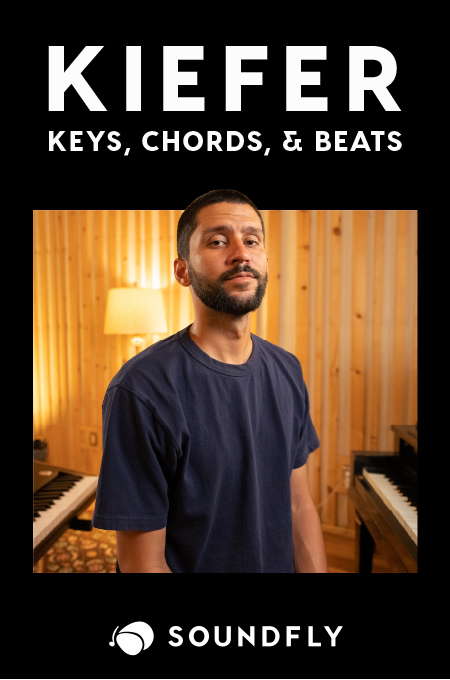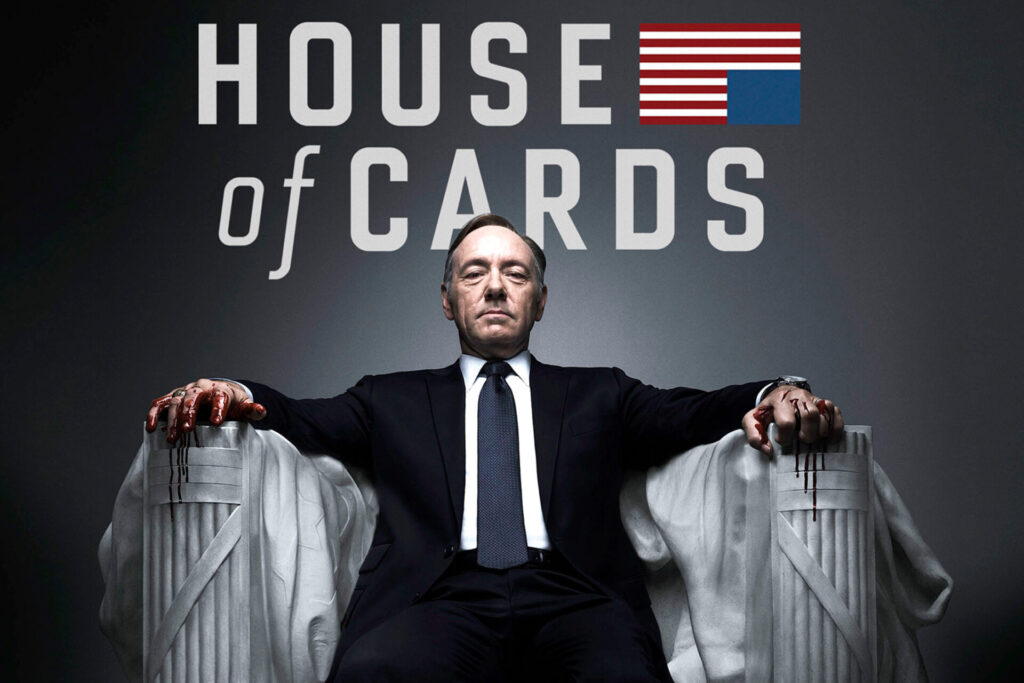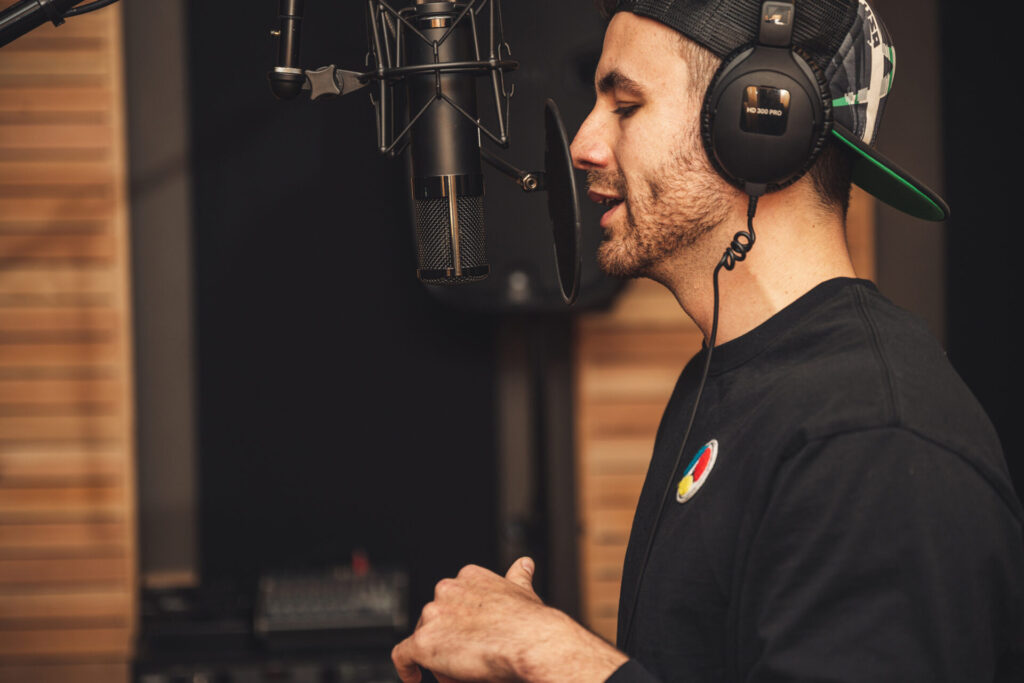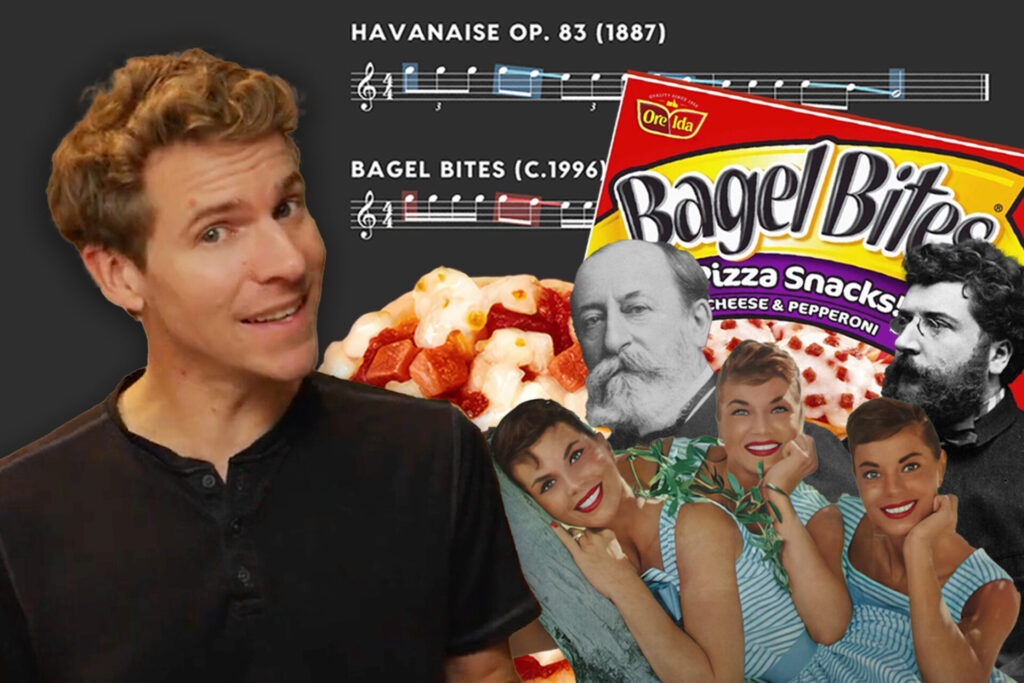My pursuit to become a songwriter started shortly after learning to read words and music twenty-something years ago. Throughout my quest to become better at what I love doing, I’ve studied a wide range of writing styles — both musical and linguistic. Here are five lessons that really stuck with me.
1. Have an anchor.
Come up with one thing you love — one component you’re won’t abandon. It can be a word, a chord, a melody, or a rhythm. Many of us write and rewrite a thousand times before a song is “finished.” Having an anchor will ensure that the drawing board is never completely empty when you inevitably feel the need to go back to it.
2. Throw yourself in, but bring others with you.
I agree with the old adage that you should “write what you know.” However, let’s look specifically at “what I know.” I’m a college-educated, mixed-race, middle-class, American female in my twenties, with a Canadian husband, one sibling, and a fifteen-pound dog. If my writing focused exclusively on those specifics, I’m not sure anyone would relate.
However, I understand heartbreak and happiness. I’m familiar with the touch of water, the smell of cigarettes, the colors of fire, and the sounds of a city at dusk. I know how it feels to be the only one who doesn’t get the joke and I’ve stood in a crowded room feeling completely alone. I’ve been swept off my feet and I’ve been dropped so hard a part of me shattered… and odds are, so have you.
The best songs, persona or otherwise, are the ones that take the listener to a place where they are overcome with empathy, even if they’ve never faced the exact scenario that is being described.
3. But seriously, throw yourself in.
On the other hand, if all lyrics had to be 100% relatable, there would be a finite number of verses in the world. Using details that are scene-setting and specific can let you filter the human condition through your personal perspective — and that’s one of the most profound contributions any songwriter can make.
You can tell me that the walls were pale blue and the old paint was chipping, or that you watched the rain roll down your windows while slowly sipping cold chamomile tea, while still focusing on an emotion or scenario I can understand in a personal way. Details will put a picture in my mind and help me embrace the general tone of your story.
4. Say your lyrics out loud.
It’s so tempting to focus on the number of syllables, ignoring the natural accents of the words. For the love of Johnny Mercer, Laura Marling, or whoever your favorite lyricist is, if you find yourself Chandler Bing-ing your lines, take a minute to consider some synonyms.
Saying your lyrics out loud will also help you figure out how comfortable they are to perform. If something scans well when spoken, chances are it’ll sound even better when it’s set to a melody.
5. Do more with your music.
I prefer writing “lyrics” to “poetry” for one simple reason: “lyric writing” implies that there will be music. I don’t possess the linguistic prowess of a proper poet, and setting my words to a tune allows me to express something that goes beyond the limitations I face with the English language.
Many people focus on either music or lyrics, and then go into default mode with the other component. Music should be there for more than sonic beauty and keeping time. Strong songwriting demonstrates a solid understanding of prosody — creating a sense of unity between music and lyrics.
If you are also on a quest to become the best songwriter you can be, be sure to check out Oli Rockberger’s course, The New Songwriter’s Workshop. It’s full of great tips, tricks, and lessons that shouldn’t be missed!




